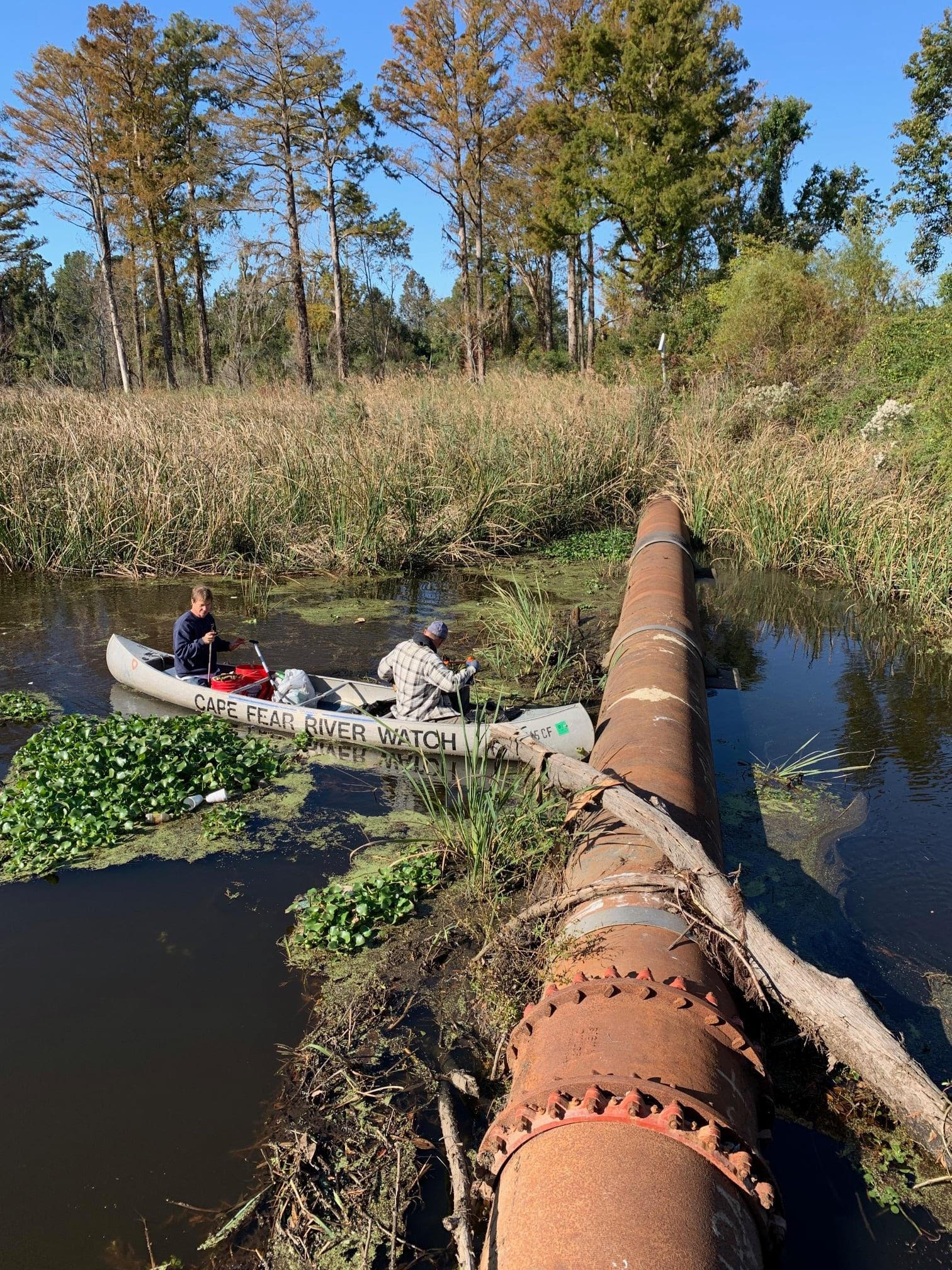
Clean Water Advocacy
Why It Matters
Water advocacy empowers communities from the grassroots up to take action to ensure clean drinking and recreational water and healthy and connected constituents. Moore Charitable supports water champions who patrol and clean up rivers, lakes and coastal waterways; encourages expertise and diligence in science, law, and strategic planning; and rallies to protect and strengthen protections, funding and initiatives for healthy waterways.
Despite strong clean water laws, currently threatened at the highest levels of government and in many states, many of our rivers are too polluted for drinking or recreation. Protecting, enforcing and strengthening our existing laws, permits and policies is necessary to limit the flow of pollution. From industrial agricultural waste and chemical toxins to nutrient runoff and bacteria, The Moore Charitable Foundation partners with champions who take polluters head on through research, advocacy, community mobilization, and, if necessary, litigation.
Impact Stories
Fighting For Healthy Habitat
Cook Inletkeeper is ensuring a vibrant and healthy Alaskan watershed through monitoring and science that support resource managers, education that strengthens local stewardship, and advocacy that drives citizen participation. Healthy habitat here is critical to mitigating rapidly changing climate, protecting keystone species like salmon and fragile natural ecosystems, and supporting Alaskan families, communities and local economies. Moore Charitable is a proud partner.
On the Front Lines of the Cape Fear
Cape Fear River Watch monitors activities that impact the watershed, including heavy industry and confined animal feeding operations, and partners on environmental improvements, advocating for important policy change and engaging the community to become stewards of their river.
Preserving North Carolina’s Coast
Marine debris poses a significant threat to the shores of North Carolina and the North Carolina Coastal Federation works for the reintegration of residential docks and piers into the NC State building code and the enforcement of a ban on unencapsulated polystyrene, commonly used in floating docks, across all 20 coastal counties in the state. These actions represent a crucial milestone for the Lower River region, highlighting bipartisan efforts and North Carolina’s dedication to environmental preservation.